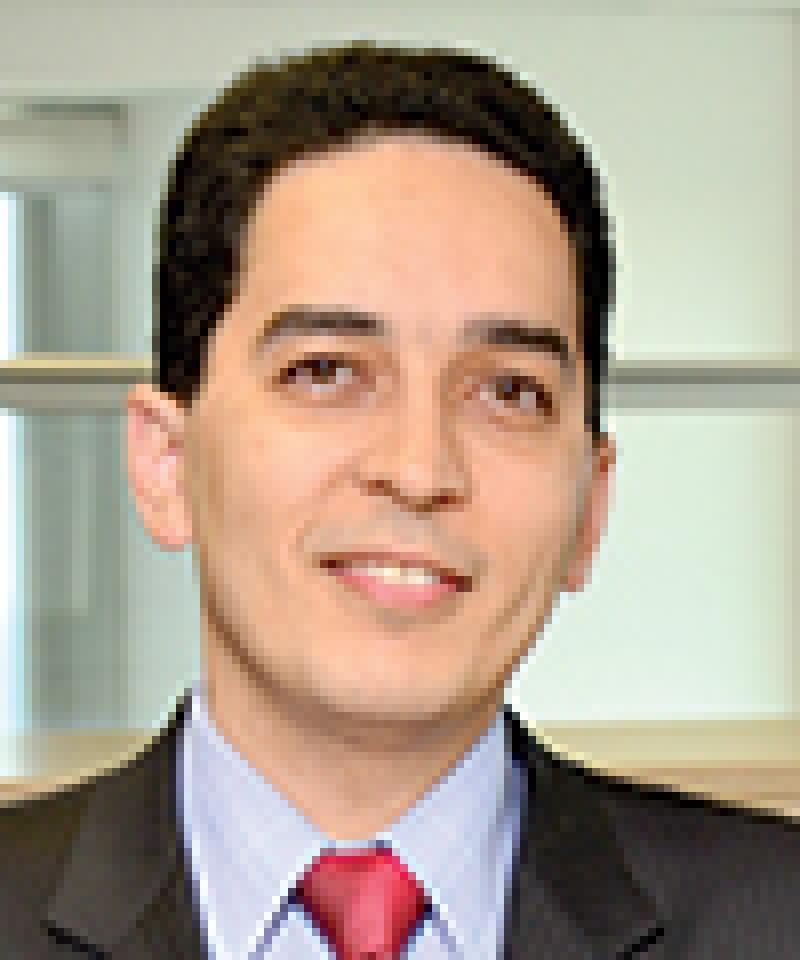
|

|
Alvaro Pereira |
Ruben Gottberg |
In November 2011, the Brazilian Government signed the Convention on Mutual Administrative Assistance in Tax Matters (CMAAT), which establishes rules for sharing tax information between the G20 countries. In general terms, the CMAAT provides for all possible forms of administrative cooperation between the parties in the assessment and collection of taxes, in particular with a view to combating tax avoidance and evasion, while considering high standards of confidentiality and protection of personal data. The CMAAT was approved by Brazil's Senate on April 14 2016. It should enter into force three months after the deposit of the ratification instrument.
Deductibility of goodwill amortisation in downstream mergers
The Brazilian Administrative Council of Tax Appeals (CARF) Superior Chamber has recently issued a decision recognising that a downstream merger is a triggering event leading to the deduction of goodwill amortisations for tax purposes.
By means of background, Brazilian legislation in force until December 2014 provided that the amortisation of goodwill, originally arising from the acquisition of shares and based on the future profitability of the target, would be tax deductible either (a) upon disposal of the shares, or (b) after the elimination of the corresponding investment through a merger involving the buyer and the target.
On January 26 2016, the CARF's Superior Chamber issued an important decision recognising that the Brazilian legislation expressly considered a downstream merger as a triggering event leading to the deduction of goodwill amortization for tax purposes.
In the case presented to court, the Brazilian tax authorities argued that the merger transaction lacked business purpose and that it was solely structured to obtain the purported tax benefit. The tax authorities' position was based on the assumption that there should be no real reason for a parent company to be merged into its subsidiary other than a tax-driven one (the tax authorities' focus was on downstream mergers in general, rather than on the taxpayer's actual transaction).
CARF's Superior Chamber denied the Special Appeal filed by the Brazilian Federal Attorney's Office considering that, under Brazilian legislation, downstream mergers are regarded as triggering events leading to the tax deduction of goodwill amortisation (that is, a downstream merger per se cannot jeopardise the tax deduction).
Although this is an important decision, bear in mind that the business purpose of the taxpayer's actual transaction was not assessed in this decision and that it could still be challenged in future cases involving downstream mergers. Further, note that the rules for determining the goodwill value subject to amortisation, which were applicable during the years subject to assessment under this decision, have changed as from January 2015.
Alvaro Pereira (alvaro.pereira@br.pwc.com) and Ruben Gottberg (ruben.gottberg@br.pwc.com)
PwC
Website: www.pwc.com.br









